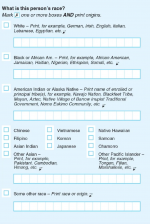There's a whole lot packed into this tiny paragraph. No, living somewhere doesn't make you particularly knowledgable of what life was like there some 200-1,000 years ago. Some dude living in Newcastle upon Tyne in 2023 is living a very different life from someone who lived there in 1080. Even here in Arkansas, the attitudes and behavior of people in 2023 are very different from what my fellow Arkansans believed in 1923. Certainly we have some things in common though, living here today doesn't give me a great deal of insight into how people back then felt.
When it comes to studying history, I don't think it makes much difference whether or not you're from that country precisely because they were so different back then. The past is a foreign country, they do things different. I'm pretty comfortable with a woman from the Orkney Islands making a career studying American colonial history just as much as I am an African American man born in Florida. What difference does it make? The past is equally foreign to both of them. (Okay, maybe it's a little less foreign to them because English is their native tongue.)
As far a diversity of knowledge goes, when it comes to gaming, I don't think most people care about that. When someone announces a fantasy or science fiction game based on African people, very few people ask what the creators know about Africa, but they're awfully keen to know what everyone's race is. You could have a dude who wrote his PhD on the Songhai Empire, but if he's white then it's going to be a problem for a significant portion of the intended audience if he writes an RPG.




